New Champions League format has Real Madrid and other giants suffering
The new format of the Champions League means there is real jeopardy for the likes of Real, Manchester City and Paris Saint-Germain in the race to make the last 16
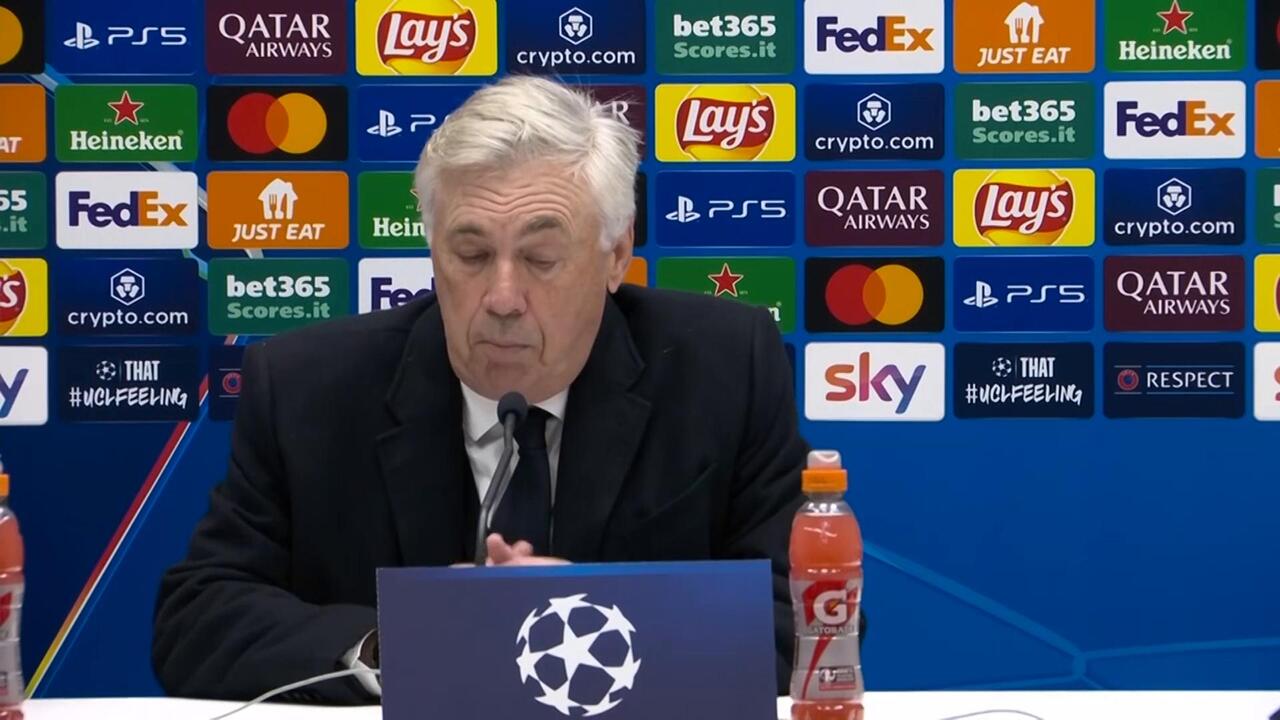
“In the Champions League you have to suffer,” Carlo Ancelotti said, although the suffering is not usually this early. Real Madrid had just seen off Atalanta in Bergamo, where Jude Bellingham celebrated the decisive goal with pumping fists and shouts of “vamos”, like it was a crucial victory.
At this stage last year, Real Madrid had barely suffered at all. After six rounds, they had six wins and had trailed during the entirety of the group stage for a total of 26 minutes. Their place in the last 16 was guaranteed after four matches. For the 27th year in a row, Ancelotti’s side reached the knockout stage of the Champions League. It felt routine.
Will they make it 28 out of 28? Probably, although this time there are fewer guarantees. The win over Atalanta moved Madrid up to 20th in the table, with nine points from six games. They are four points off the top eight that automatically qualifies for the last 16, with Salzburg at home and Brest away to finish. They should still finish between ninth and 24th, which would add the burden of a play-off round in February.
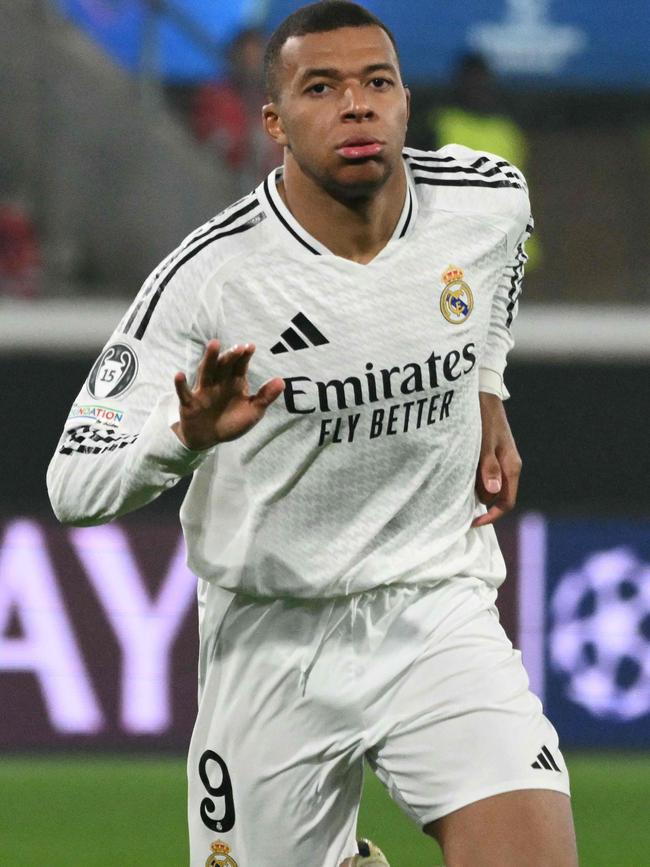
Perhaps this is just an updated version of the old formula, as Real surge back from a slow start before ending up in their usual place. Except they are not the only ones. None of the past five Champions League winners are currently qualifying automatically this season while of the 12 finalists from the past decade, only three – Liverpool, Barcelona and Inter Milan – are sat in the top eight. Among the others, Borussia Dortmund are ninth, Bayern Munich 10th, Atletico Madrid 11th, Juventus 14th, Manchester City 22nd and Paris Saint-Germain 25th. Bayern have 12 points after six games played, compared to 16 last year and 18 in each of the two years before. City have eight, down from 18 last year. Scroll down the table, past Liverpool and Inter, and the elite are struggling just about everywhere.
This was not how it was supposed to be, even if UEFA would love to claim that a more democratic, open tournament was its idea all along. More games, and more blockbuster games, and therefore more guaranteed television revenue was, in truth, the only intention for this bloated format, along with placating the Super League rebels. Europe’s middle class might smile if some of those clubs now failed to fit into the last 16.
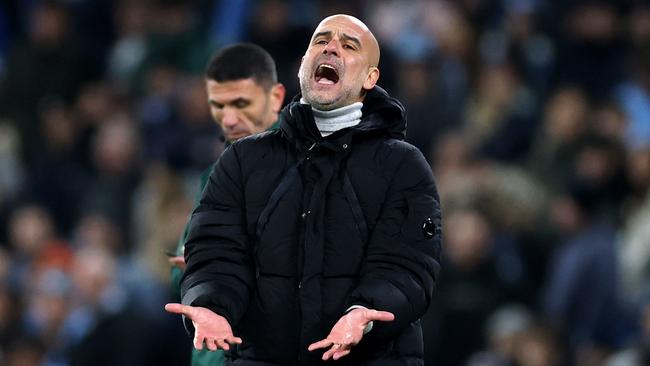
It is still early to draw conclusions, although even the scramble will be something new, injecting some much-needed excitement into the final two matches after the first six were characterised by a lack of jeopardy and tension more than anything else.
Only recently have coaches started mentioning their position in the table.
“In the last games, we take a look,” Pep Guardiola said in September.
There are individual circumstances at play too, as well as the possibility of a wider trend. Real Madrid have been hampered by an injury crisis in defence and distracted by the need to make the most of Kylian Mbappe. PSG have consistently failed to take chances, while Bayern have improved after a stuttering start under Vincent Kompany. Without Rodri, City have been unravelling.
Skewed fixtures lists have also played their part, the symmetry and fairness of the old group stage lost, as every team now has their own thread of games, unrelated to anyone else’s.
If the previous system guaranteed Pot 1 clubs some security, this open system, even when drawn according to UEFA’s coefficients, can be more easily swayed by who plays who and, without the return fixture, whether at home or away.
Uncertainty may also underpin the numerous thrashings, as winning sides try to bolster their goal difference, which has replaced head-to-head as the main differentiator this season. There have been 20 wins already by four goals or more, representing 9 per cent of matches, which is the most since the Champions League began.
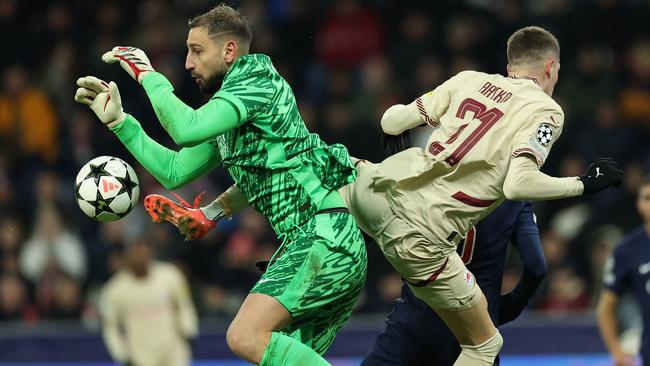
But delayed importance is likely to be the key factor in meandering results, given it may be possible for top clubs to absorb three, or even four, defeats out of eight and still make it through. Real Madrid have lost to Lille, AC Milan and Liverpool but will likely still advance while City have failed to beat Inter, Sporting Lisbon, Feyenoord and Juventus, but are not quite finished yet.
Even PSG’s dry run of one point taken out nine against Arsenal, PSV Eindhoven and Atletico Madrid has not been enough to rule them out. This format makes it possible to be shot down in September, October, November and December and still be riding high in May.
Yet some may not recover and even those that do will not be able to rest and rotate, either in the last two rounds of the group stage or in the play-offs. That could have real consequences, in domestic leagues as well as Europe.
For Real Madrid, a play-off first leg in February would come just after the derby in La Liga against Atletico.
For City, a second leg would drop days before their Premier League clash against Liverpool.
In the meantime, others are filling the gaps, the up-and-comers enjoying the limelight suddenly, from Lille to Aston Villa and Brest to Club Bruges. In a slow-burner of a competition, designed to favour the favourites, at least nobody saw that coming.
THE SUNDAY TIMES

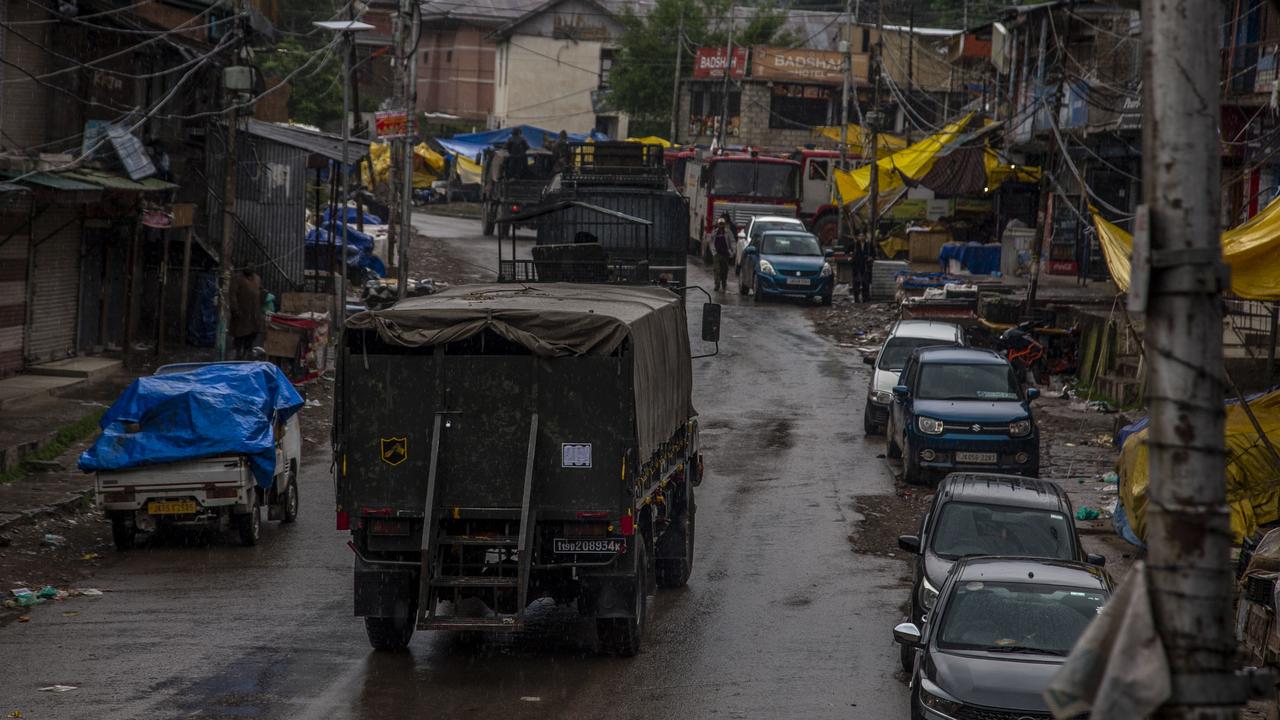
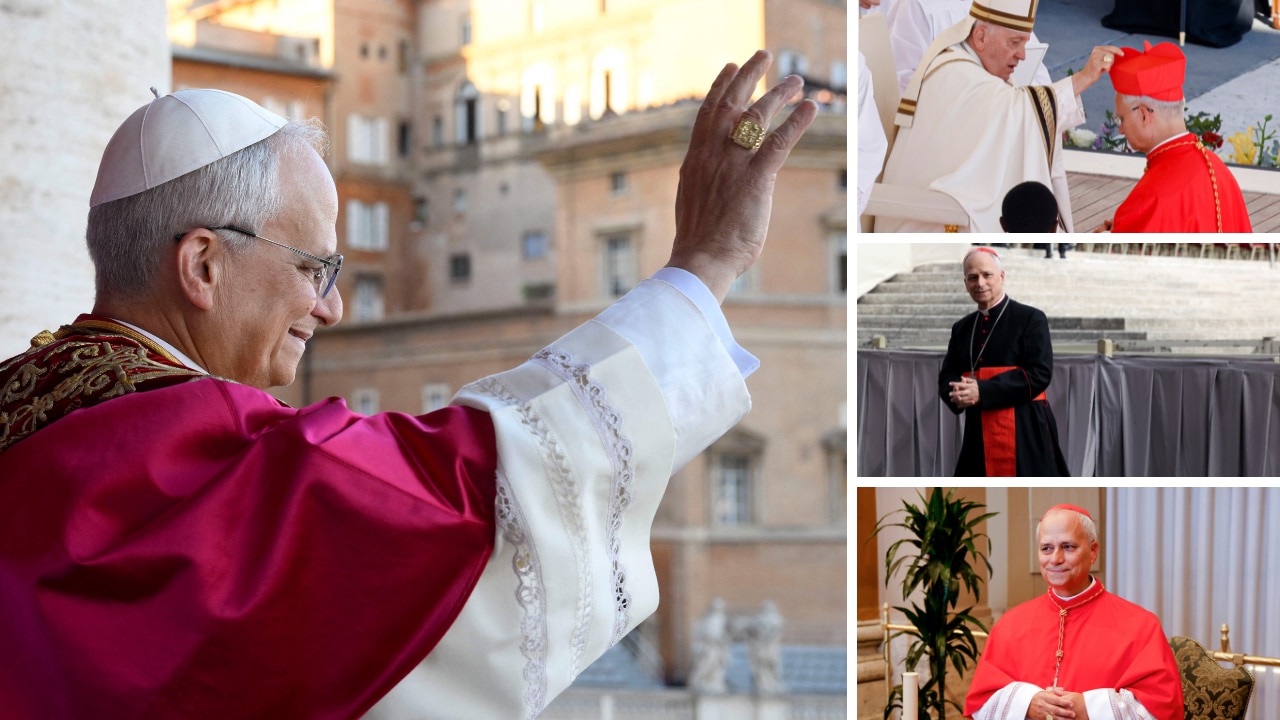
To join the conversation, please log in. Don't have an account? Register
Join the conversation, you are commenting as Logout